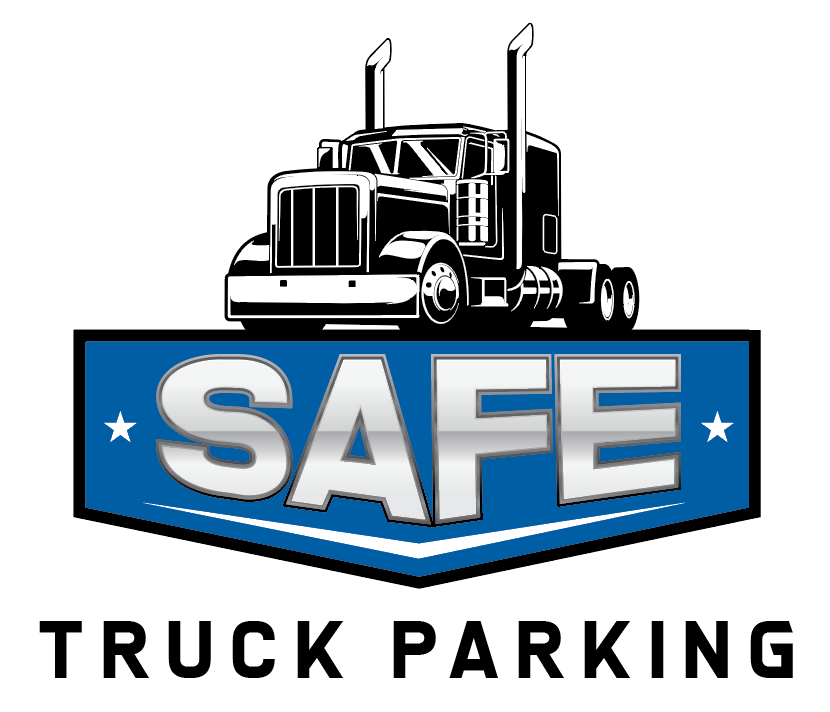How To Increase The Efficiency of Your Fleet
Fleet managers have the challenging job of juggling a wide range of people and moving parts. While you might be happy to see things go as planned, improving your fleet should always be at the front of your mind. Since driving is a timed business, improving your fleet's efficiency can have a truly remarkable outcome. This article will explore how you can improve your fleet's efficiency to provide better service to your customers and keep things on track.
Stay on Top of Preventative Maintenance
Preventative maintenance can be tiresome to manage, but it is one investment that always pays out. Staying on top of this kind of maintenance can help you to keep everything running smoothly for your drivers, so you never lose time to problems that could have been avoided. Focus on regular maintenance with dynamic scheduling in advance to ensure a seamless transition that works for you and your drivers without causing any delays. Simple things like oil changes, fluid refills, and tire inspections can keep your fleet going strong no matter their destination!
Use GPS To Ensure The Perfect Route
Even though your drivers likely know how to get from Point A to Point B, it doesn't mean that their usual route is the best one. Using GPS devices can help your fleet save on lost time by providing adaptive routes that adjust for potential delays. With GPS, your drivers can guarantee that they are taking the most efficient route no matter where they are heading. By relying on trusted technology, your drivers can get to their destination more quickly and spend less time worrying about environmental delays. This is a great way to ensure that everyone is driving as fluidly as possible.
Invest In Tire Care
Tires and the vehicle components associated with them can have a significant impact on your fleet's efficiency. Since tires are such a crucial part of the driving process, it's critical to stay on top of their needs and choose the right parts. When you are making budgeting decisions, tires and their related components should be at the front of your considerations. It is better to invest a little extra here than to deal with the outcome of low-quality tires or poor maintenance. This is a common point of critical failure, so try to give it your all.
Monitor Driver Habits
Your drivers are all different and they all have different habits. Some of these habits are good for efficiency and some of them just plain aren't. By monitoring driver habits, you can learn what works and what doesn't. This will help you to make a better strategy and offer better solutions to your drivers. Over time, little changes can yield some truly incredible benefits. As a fleet manager, your job is to ensure that your drivers can perform to the best of their abilities. This is a great way to support them and offer guidance that will help to improve their processes. Being an active fleet manager can offer some truly incredible results.
Look For Idle Times
It is no secret that idle hands can cause problems and idle times can do the same. Learning about idle times in your drivers' days can help you to explore your losses. Time spent idle is sometimes a requirement, but it can also be an indicator of an underlying problem. Seek out those moments where work is not being done. You might learn about a hidden struggle that your drivers are facing. With a little collective problem solving, idle times can be exchanged for productive moments and offer faster and more effective time spent on the road.
Rely On Telematics
Telematics relies on technology to provide real-time active information to benefit drivers. With telematics systems, you can give your drivers the tools that they need to succeed. Instead of just relying on their knowledge, they can make informed decisions based on real-time information as it is presented to them. This makes it easier for them to do what they do best: focus on driving.
Beyond the benefits that telematics can offer your drivers on the road, it can also help find future efficiencies. With telematics, you will have the data to show how time is being spent on the road. This means that you will be able to physically see where you are losing time and money, which can offer some pretty great insights for future planning efforts. Using this data, you can help give your drivers the tools that they need to succeed.
Listen To Your Drivers
As a fleet manager, you always do your best to serve your fleet well. But, sometimes, it isn't only up to you to find efficiencies. Actively communicating with your drivers can help you find efficiencies that you might miss. Ask your drivers about their pain points and listen to their suggestions. It can enable your fleet to move in a more effective and synchronized way.
Manage The Legal Side
For a professional driver, few things are more annoying than dealing with red tape. As the fleet manager, it is up to you to ensure that the paperwork is always in good order for the fleet. Mark your calendar for registration updates and ensure that your entire fleet meets the requirements, whether that is passing vehicle inspections or merely adhering to necessary codes.
For fleet managers, it can feel like the job is never truly done. Fortunately, by improving your fleet's efficiency, you can find ways to make everyone's job easier. Putting in the work to focus on preventative steps can help to take the edge out of your day—and your fleet will thank you for it. As long as you keep focusing on improving, you will see your fleet's efficiency go through the roof. For now, focus on preventing issues rather than handling them when they show up.
Be sure to check out Vantage Truck Parking for all of your truck parking needs!
